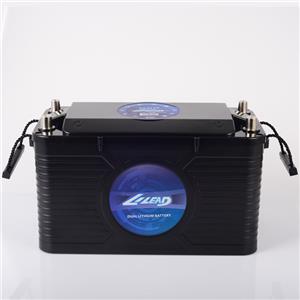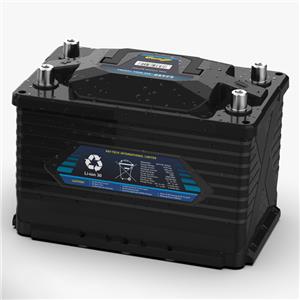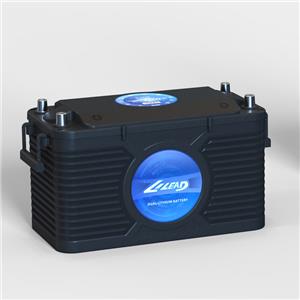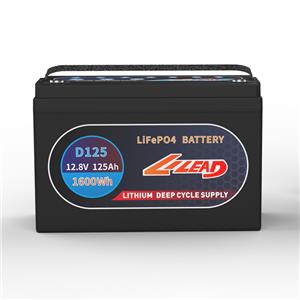Marine Lithium Battery: An Energy Revolution in Daily Life
Marine lithium batteries are a high-performance, high-efficiency energy storage device that has become increasingly popular in the shipbuilding industry in recent years. Compared to traditional lead-acid batteries, marine lithium batteries have higher energy density, longer service life, and faster charging speed, which can provide a more reliable source of power for ships.
Firstly, the energy density of marine lithium batteries is much higher than that of lead-acid batteries, which can provide longer operation time and greater output power. This means that ships can travel faster, while also reducing the number of charges when running longer. In addition, marine lithium batteries can better cope with rapidly changing loads, thereby improving the reliability of the power system.
Secondly, the service life of marine lithium batteries is also much longer than that of lead-acid batteries. Lead acid batteries require regular maintenance and replacement, while marine lithium batteries can last for many years without requiring large-scale maintenance. This not only saves the cost of ship maintenance, but also reduces the time and cost of ship maintenance and battery replacement at the port of call.
Finally, marine lithium batteries charge much faster than lead-acid batteries. Ships can complete charging faster, reducing the time spent waiting for charging at the port, and improving the utilization and efficiency of ships. This is particularly important for routes that require frequent vessel access to ports.
In summary, marine lithium batteries are a very excellent energy storage device with the advantages of high energy density, long service life, and fast charging, suitable for various types of ships. As a new technology in the shipbuilding industry, marine lithium batteries are becoming increasingly popular and becoming an important component of the future navigation industry.




